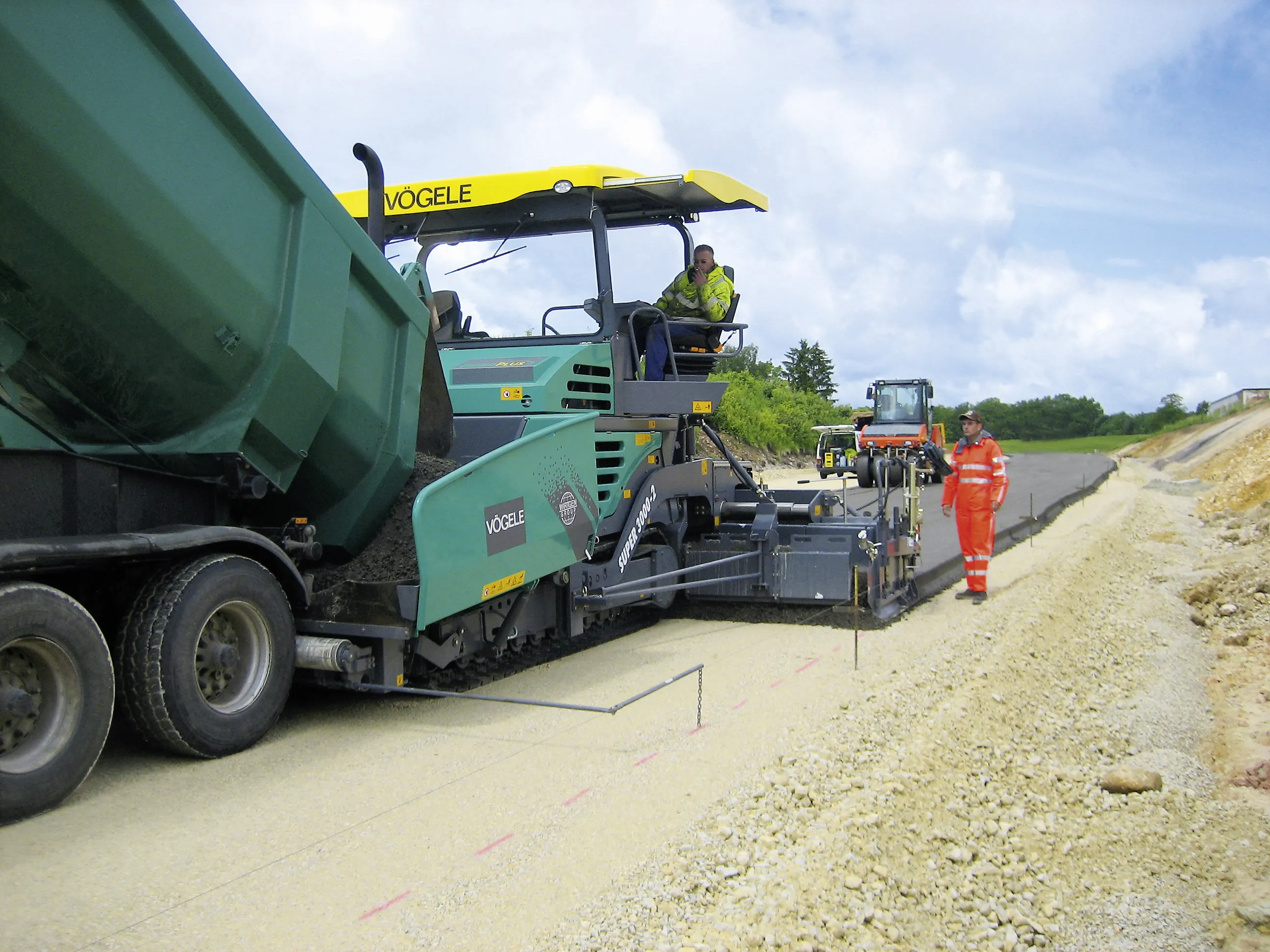The Nepalese Government is pushing ahead with its road network improvement programme The government has managed to upgrade roads in 72 of the country’s 75 districts, despite the geographic challenges presented by its mountainous terrain and frequent steep slopes. One recent road revamp has been in Manang district where a new road has connected Chame with Besisahar and Lamjung. The link from Besisahar-Chame is 65km long, with plans in hand to surface a 35km stretch with asphalt over the next two years. Work
March 22, 2012
Read time: 2 mins
The Nepalese Government is pushing ahead with its road network improvement programme.
The government has managed to upgrade roads in 72 of the country’s 75 districts, despite the geographic challenges presented by its mountainous terrain and frequent steep slopes. One recent road revamp has been in Manang district where a new road has connected Chame with Besisahar and Lamjung. The link from Besisahar-Chame is 65km long, with plans in hand to surface a 35km stretch with asphalt over the next two years.
Work is underway on a 28.5km section although it is worth noting that 1.5km of the road will be particularly challenging due to steep slopes.
The Nepalese Army is carrying out the work and has requested the2437 Ministry of Physical Planning and Works for a further US$510,000 to speed further progress. The Nepalese Government is also working on road links to other district headquarters such as Dolpa and Humla.
The government has managed to upgrade roads in 72 of the country’s 75 districts, despite the geographic challenges presented by its mountainous terrain and frequent steep slopes. One recent road revamp has been in Manang district where a new road has connected Chame with Besisahar and Lamjung. The link from Besisahar-Chame is 65km long, with plans in hand to surface a 35km stretch with asphalt over the next two years.
Work is underway on a 28.5km section although it is worth noting that 1.5km of the road will be particularly challenging due to steep slopes.
The Nepalese Army is carrying out the work and has requested the







